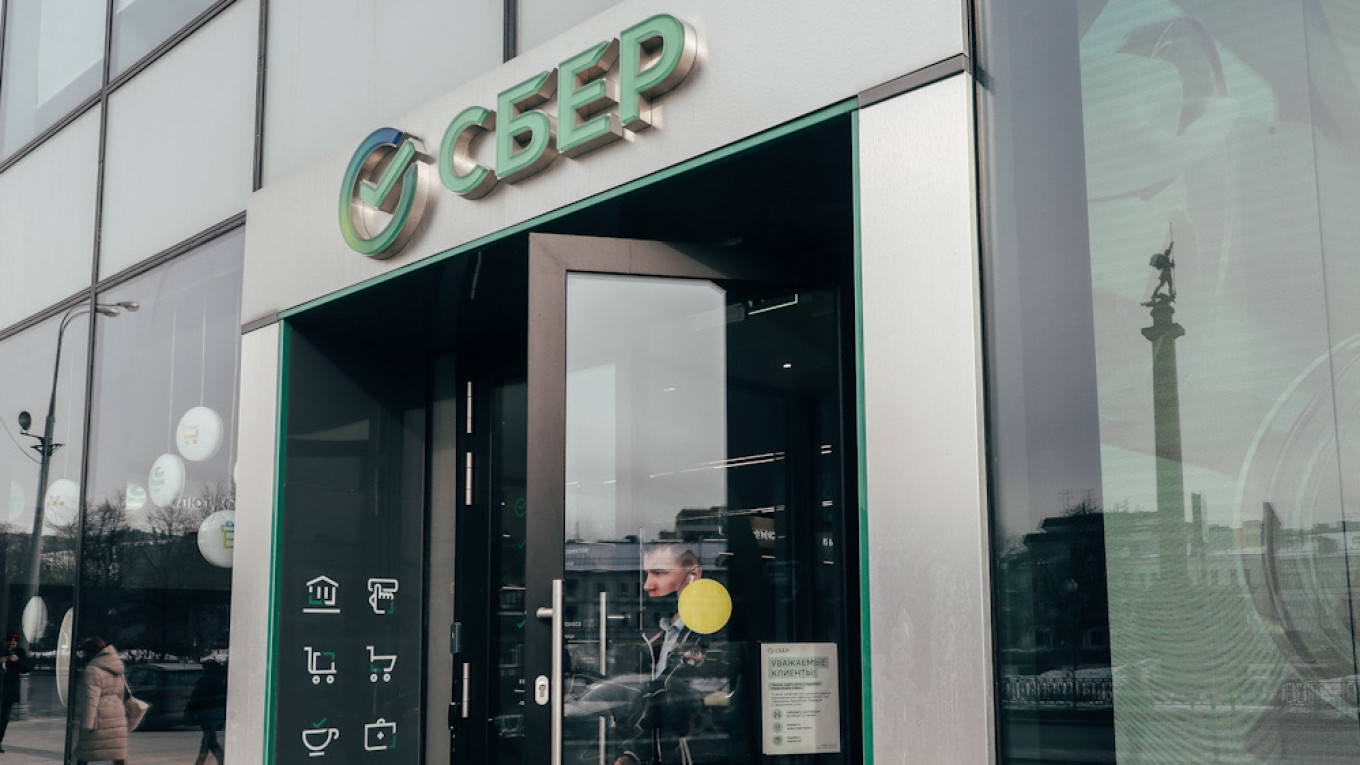Sberbank and Mail.Ru are on the brink of a multi-billion dollar corporate divorce, the Financial Times has reported.
The two companies have asked the Kremlin for permission to break up the partnership, which covers joint ventures in ride hailing, fast food delivery and express groceries, the newspaper reported, citing anonymous company sources.
Rumors of a breakup have been circling for months, with the sides reported to be unhappy with how their O2O joint venture is squaring up against heavy competition from Russia’s largest technology company Yandex, disagreements over integration with VKontakte — Russia’s largest social network, owned by Mail.Ru — and how the initiative fits into Sberbank’s own sprawling financial system and ambitions in the e-commerce space. The FT reports communication has almost completely broken down between the two sides, although there are no firm plans on how or when to break up the joint venture.
O2O, which the FT cited as valued at $1.6 billion, controls the Citimobil taxi service, Delivery Club fast food app and the Samokat express grocery brand. Each side owns 45% in the venture, with the remaining 10% reserved for management bonuses. According to Mail.Ru’s corporate accounts, O2O posted a loss of 37.6 billion rubles ($500 million) last year.
The Kremlin denied it was involved in decisions over the division of assets between the state-controlled Sberbank and Mail.Ru, which is privately owned but seen as close to the Russian government through its connections to oligarch Alisher Usmanov. President Vladimir Putin’s spokesperson Dmitry Peskov said Monday evening the divorce was “not something for the Kremlin. It is a business relationship between two companies.”
Aside from the joint venture, Sberbank also controls around a fifth of voting rights in Mail.Ru following a $170 million 2019 deal that was supposed to cement the partnership between the two sides.
Sberbank CEO German Gref has led the bank in an aggressive push into the consumer economy, with projects such as an e-commerce site. Its attempts to develop a consumer ecosystem have already seen it attempt to forge partnerships with Yandex, Alibaba and online retailer Ozon, although all have ended unsuccessfully.
Sova Capital analyst Mikhail Terentiev, who values the joint venture at $2 billion, said a break-up could be bad news for both companies in the short term.
“Whether splitting up is a good solution depends on which partner receives which assets and on what conditions, and whether the partners have the execution capacity to take care of those assets on their own,” he said in a research note Tuesday.
A Message from The Moscow Times:
Dear readers,
We are facing unprecedented challenges. Russia's Prosecutor General's Office has designated The Moscow Times as an "undesirable" organization, criminalizing our work and putting our staff at risk of prosecution. This follows our earlier unjust labeling as a "foreign agent."
These actions are direct attempts to silence independent journalism in Russia. The authorities claim our work "discredits the decisions of the Russian leadership." We see things differently: we strive to provide accurate, unbiased reporting on Russia.
We, the journalists of The Moscow Times, refuse to be silenced. But to continue our work, we need your help.
Your support, no matter how small, makes a world of difference. If you can, please support us monthly starting from just $2. It's quick to set up, and every contribution makes a significant impact.
By supporting The Moscow Times, you're defending open, independent journalism in the face of repression. Thank you for standing with us.
Remind me later.






